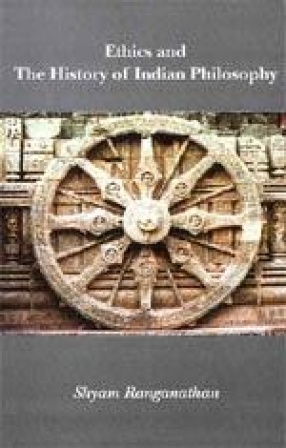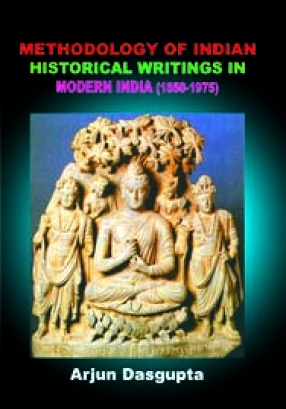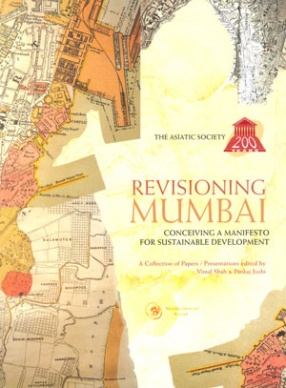Ethics and the History of Indian Philosophy, by Shyam Ranganathan, presents a compelling, systematic explication of the moral philosophical content of history of Indian philosophy in contrast to the received wisdom in Indology and comparative philosophy that Indian philosophers were scarcely interested in ethics. Ranganathan’s critical thesis is that the arguments for this received wisdom are based upon an inadequate grasp of the history of moral philosophy in the West, against which the Indian tradition is compared, and an unworkable methodology, which could not even show that Western philosophers were particularly interested in ethics or that "good" is a value term. His novel, positive thesis is that "dharma" in all of its uses in the classical Indian tradition is a thin moral term, which is employed by authors to articulate their particular philosophies on morality or ethics. Unlike most works on the topic, this book makes a case for the positive place of ethics in the history or Indian philosophy by drawing upon recent work in metaethics and metamorality, and by providing a through analysis of the meaning of moral concepts and Philosophy itself–in addition to explicating the texts of Indian authors. In Ranganathan’s account, Indian philosophy shines with distinct options in ethics that find their likeness in the writings of the ancients in the west, such as Plato and the Neo-Platonists, and not in the anthropocentric or positivistic options that have dominated the recent western tradition.
Tibetan Nation: A History of Tibetan Nationalism and Sino-Tibetan Relations
This detailed history offers ...
$51.30
$57.00





There are no reviews yet.